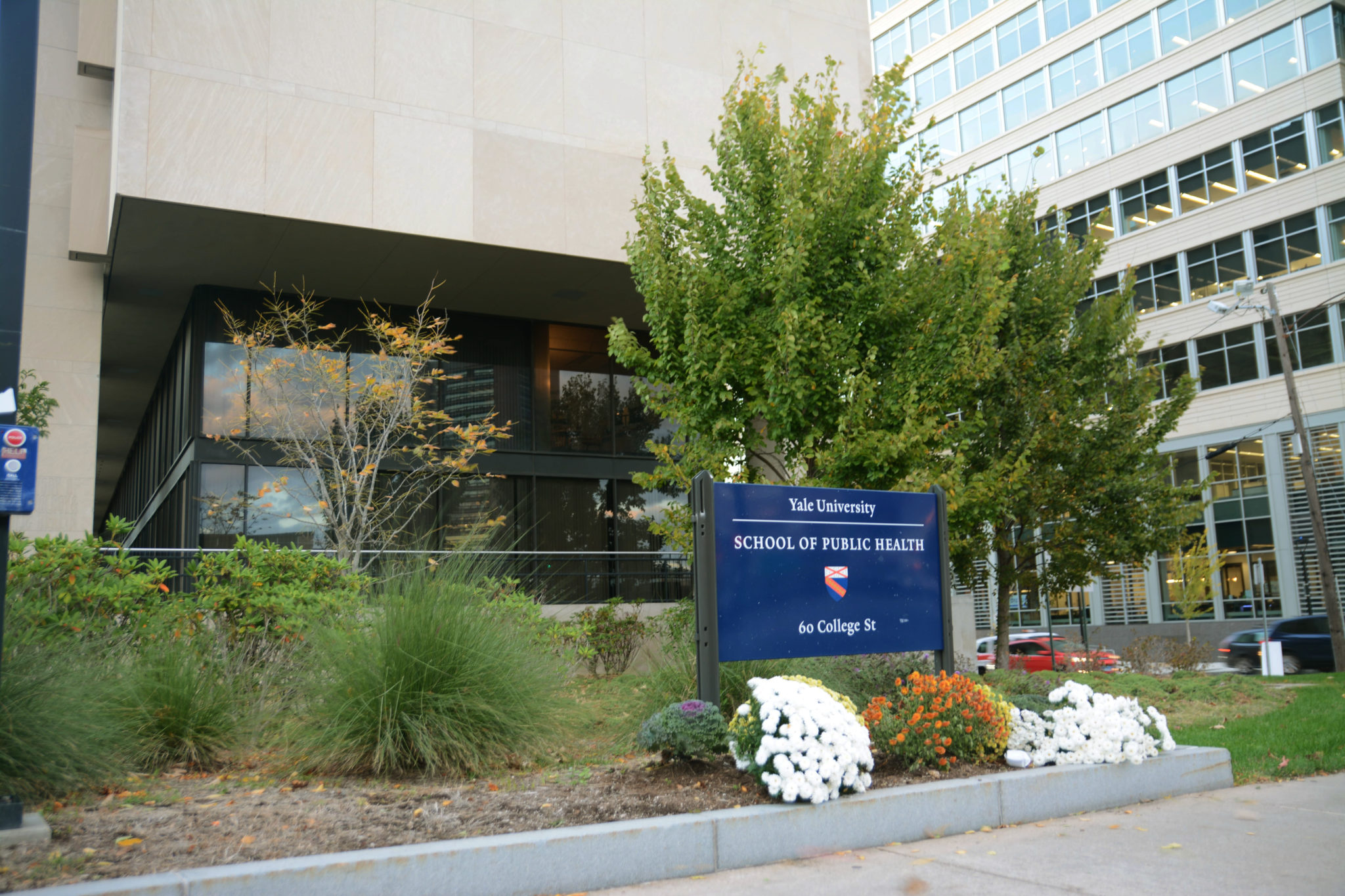Yale researchers emphasize equitable approach to combating cholera
Yale researchers called for an equitable approach to building vaccine infrastructure in cholera-endemic countries.

Cholera is an acute diarrheal disease caused by ingesting Vibrio cholerae bacteria through contaminated food and water sources, and can become fatal when patients are severely dehydrated and left untreated.
Traditionally, only two manufacturers, Shantha Biotechnics and EuBiologics, have been responsible for the world’s entire emergency stockpile of oral cholera vaccines, or OCVs. However, the former has recently ceased its production of OCVs, further restricting the sparse global supply chain and accelerating the resurgence of cholera worldwide.
“The COVID-19 pandemic reminded us that we need to build vaccine infrastructure in many more countries—it cannot just be the U.S., India and a handful of others that we rely on to provide [cholera] vaccines,” said Kaveh Khoshnood, an associate professor of epidemiology at the Yale School of Public Health.
Destructive social and health consequences of a pandemic tend to fall disproportionately upon the world’s most vulnerable and underserved communities. Researchers say many of these communities also face intersecting political or humanitarian crises, creating unique challenges tied to the social environment like displacement, economic instability and limited access to healthcare resources.
“There is humanitarian complexity related to [pandemics], which I think deserves more attention and lessons learned,” Khoshnood said.
Khoshnood believes more granular and local methodology may therefore be necessary, as a ‘one-size-fits-all’ approach does not suffice when it comes to global health. This locally-based approach is supported by research evaluating the global response to COVID-19, among other global health crises.
A response to cholera
According to a review in Social Science & Medicine, there is a need for international organizations such as the World Health Organization to establish more consistent and robust funding agreements and partnerships with local manufacturers in cholera-endemic countries to meet the vaccination needs of their local populations.
Such “global-to-local partnerships” are promising strategies to facilitate crucial technology transfers with local scientists and vaccine manufacturers, as well as increasing investments into physical infrastructure — for example, local vaccine manufacturing facilities and distribution channels near cholera hotspots to strengthen the autonomy and capacity of low- and middle-income countries, or LMICs, to produce their own OCVs.
However, simply producing more vaccines in LMICs does not necessarily mean that they will fall into the hands of those most impacted by cholera outbreaks.
Jack Parham JGA ’23 and Marie-Fatima Hyacinthe SPH ’26, two graduate students involved with Yale’s Global Health Justice Partnership, suggest prioritizing the development of resilient social infrastructure for vulnerable and medically-underserved populations in tandem with expanding our vaccine supply. Political refugees, for example, need adequate roads and transportation systems to allow for OCVs to reach them, while climate refugees need not only OCVs but also shelters that are resilient to floods and other natural disasters to reduce their exposure to contaminated water. Prison populations also need protection from the dangers of overcrowding, which creates a breeding ground for cholera and other communicable diseases.
“The people that are most impacted [by cholera] are those with the least social resources,” Hyacinthe said.
Khoshnood emphasized that global-to-local partnerships should invest more into local organizations dedicated to advancing social justice and health equity for populations that are disproportionately impacted by cholera.
“This progress won’t happen overnight, but it’s doable … it just requires investment,” Khoshnood said.
For instance, Haiti is currently experiencing one of its worst cholera outbreaks in history, fueled by political unrest and violence. Organizations like the Bureau des Avocats Internationaux , Institute for Justice and Democracy in Haiti and Health Through Walls are advocating for better living conditions and access to health services for those living in Haitian prisons and detention centers, which has reduced the burden of infectious diseases. Although promising, these local initiatives have limited funding and resources. Therein lies a call-to-action for international organizations to jump in and support local causes.
Ahmad Saleh SPH ’22, Ehsan Abualanain SPH ’22 and Madison Novosel SPH ’23 started a nonprofit organization called MakeDeathsCount, driven to bridge gaps in mortality surveillance in settings that frequently lack official death records.
MakeDeathsCount trains local health workers and community members to conduct “verbal autopsies,” which typically involve interviewing the family members of recently deceased individuals to collect information about their causes of death. Abualanain adds that they have newly gained interest in training local stakeholders to conduct “social autopsies,” which extends these verbal autopsies to inquire about the social determinants underpinning these deaths.
“The long-term benefits are that social autopsies will drive investments … for example, mortality [from cholera] is more prevalent in low socioeconomic [settings], so they need more funding for prevention and treatment,” Abualanain explained.
The Global Health Justice Partnership, an initiative jointly led by the Yale School of Public Health and Yale Law School, was established in 2012.







